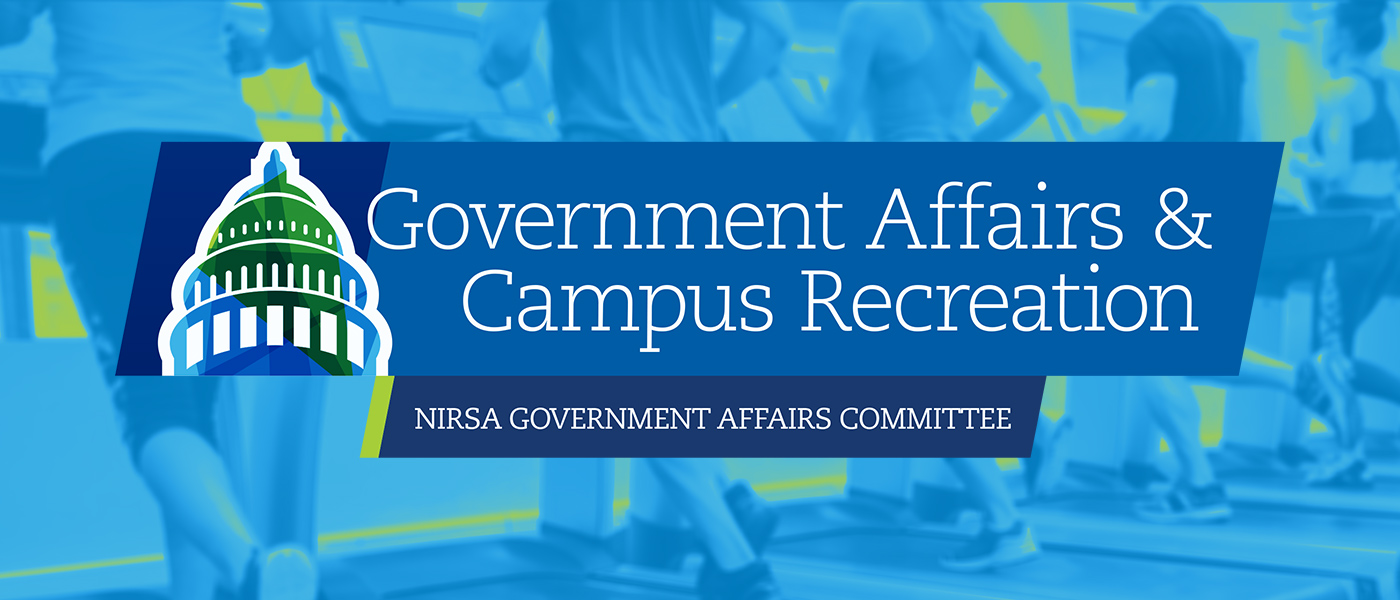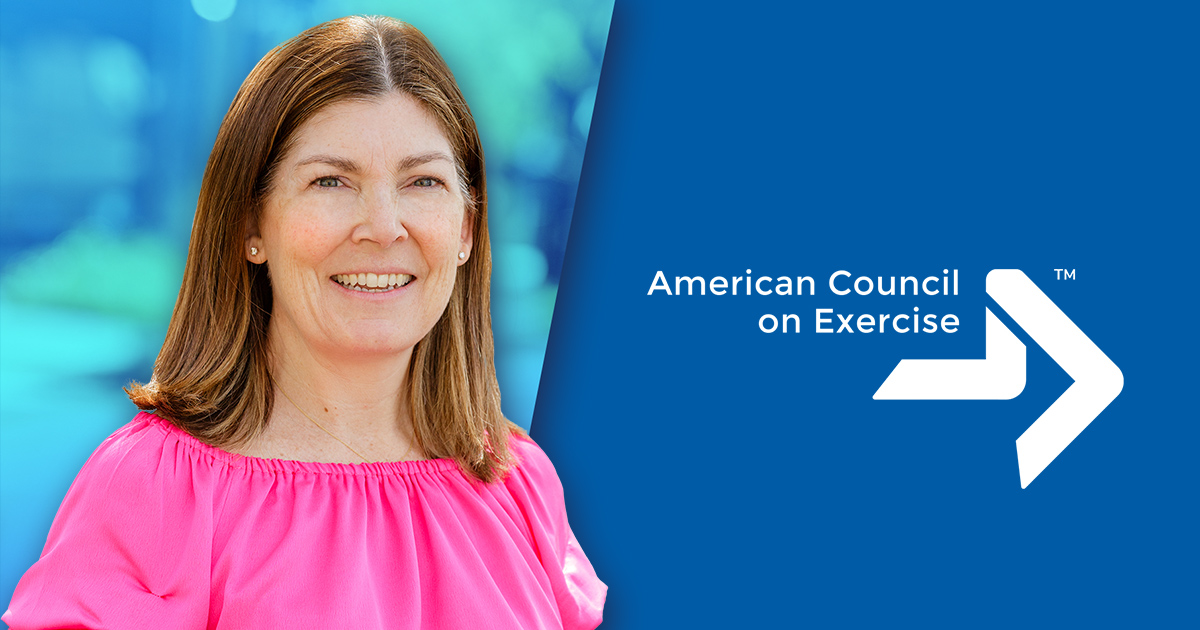As a first-year member of the Government Affairs Committee, I joined to help be a conduit for pertinent information to our NIRSA membership. Local, state, and federal polices can drastically impact what we do and how we do it.
Even the smallest law can have major ramifications, and it’s my goal to help my colleagues understand what issues are out there. This way, they can be better prepared to anticipate issues and work with their administrations to continue to provide excellent health and wellbeing services to their campuses. I am personally becoming more interested in the Fair Labor Standards Act (FLSA) legislation and how that will impact our budgeting, especially as budgets are continuing to be at zero growth or even cut. FLSA can affect our budget process in multiple ways, from minimum wage increases and the subsequent compression of wage rates to how full-time benefits and overtime are calculated.
Budget cuts are a real issue that higher education professionals are going to continue to face. Recently, we’ve seen our colleagues in Alaska make headlines in the face of severe budget cuts ($70 million over the next three years, which is down from the initial $140 million announced). Reading headlines like these, I began tracking this issue through the Policy Pages that NIRSA provides; it’s important to realize how wage increases will affect our staffing levels, hours of operation, and service levels.
While I was looking further into this issue, I reached out to Mark Oldmixon, Director of Recreation at the University of Alaska-Fairbanks. He helped put this into perspective with some very sage advice, noting, “Students are still arriving, despite the headlines. They have faith that the school will stay strong and offer a top-notch education. Our role is to support those students as we would during brighter times. Our mission doesn’t change, we just have less room for error. If we continue to do a great job at our mission, we will prosper. If we get stuck in a cloud of negativity, then that reality will come true.” Now more than ever, we need to utilize all the information and tools we have to tell our story.
Partly for this reason, I have also become more involved with promoting the PHIT Act—not just as a new revenue stream for potentially shoring up budgets, but to also help combat the physical and mental health crises plaguing our country and campuses. As noted, budgets are not increasing and we must be ready to think creatively about how we continue our programs and services at the highest level through sponsorships, partnerships, and new branding opportunities.
Additionally, Title IX’s evolution and how that will impact our interactions with our campus and facility operations also continues to be at the forefront of my work. How do we create spaces that are welcoming to every person on our campus? How do we ensure fair and equitable participation opportunities? As Title IX continues to blaze this trail, we must make sure we are the leaders in this as we have always been by creating a family for all our participants. This concept of family is one of the many things that drew me to NIRSA in the first place.
The more information and knowledge we, as higher education professionals, have, the better we can prepare. I feel this committee and the work we are doing is vital because we can help better position our institutions as new policies and legislation emerges.
As GI Joe said, “Now you know, and knowing is half the battle!”
- For more information, contact NIRSA Director of Advocacy & Strategic Partnerships, Erin O’Sullivan.
Chris Crume is currently the Director of Aquatic Center at Denison University. He serves as co-chair of NIRSA’s Government Affairs Committee; he can be reached by email at ccrume@hotmail.com.







